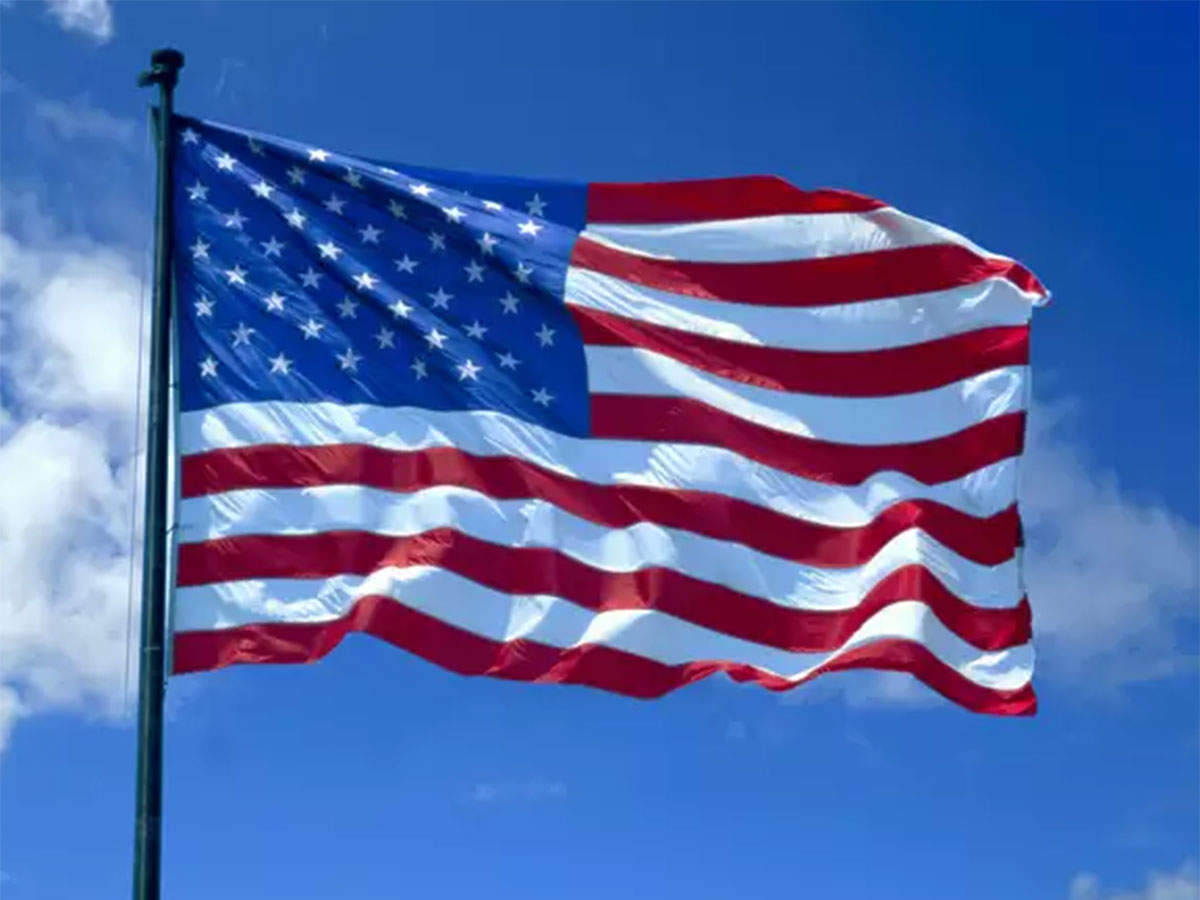HCQ not the magic drug you’re waiting for?
Instead, the study showed that HCQ administration was associated with an increased need for escalation of respiratory support compared to supportive treatment only. The study was conducted by researchers from Sinai Grace and Henry Ford Hospital in Detroit, the largest and most populous city in the US state of Michigan. Both hospitals have been designated for Covid-19.
 New Delhi: Hydroxychloroquine (HCQ) might not be the magical drug for Covid-19 that everyone has been waiting for. A study conducted in the US showed the administration of this drug — originally used to treat malaria and autoimmune diseases such as rheumatoid arthritis and lupus — in hospitalised Covid-19 patients brought no significant benefits in reducing the mortality rate, compared to those who received only supportive treatment.
New Delhi: Hydroxychloroquine (HCQ) might not be the magical drug for Covid-19 that everyone has been waiting for. A study conducted in the US showed the administration of this drug — originally used to treat malaria and autoimmune diseases such as rheumatoid arthritis and lupus — in hospitalised Covid-19 patients brought no significant benefits in reducing the mortality rate, compared to those who received only supportive treatment.Instead, the study showed that HCQ administration was associated with an increased need for escalation of respiratory support compared to supportive treatment only. The study was conducted by researchers from Sinai Grace and Henry Ford Hospital in Detroit, the largest and most populous city in the US state of Michigan. Both hospitals have been designated for Covid-19.
According to researchers, they enrolled 63 Covid-19 patients for the study to assess the efficacy of HCQ. One group consisting 32 hospitalised Covid-19 patients was given HCQ — initially 400mg twice daily for one to two days and then three to four subsequent days of 200mg to 400mg once daily dose — in addition to the supportive treatment. The other group consisting for 31 patients, meanwhile, received only supportive treatment.
“The HCQ group had a significantly higher respiratory support need after five days compared to the support-only group. The HCQ group also had a strong but no statistically significant trend towards worsening Neutrophil-to-Lymphocyte Ratio (NLR), which is used as a marker of systemic inflammation,” the researchers claimed in the study, which is now under review for publication by the New England Journal of Medicine — one of world’s top medical journal. “We recommend a more judicious prescription of HCQ in the setting of SARS-CoV2 (Covid-19) before a larger analysis can be completed,” the authors claimed.
India is the world’s largest producer and exporter of HCQ. Recently, US President Donald Trump appealed to Prime Minister Narendra Modi to open up its exports. Trump has, in a controversial move, cleared the use of this anti-malarial drug against Covid-19. India has allowed the use of the drug as prophylactic for frontline healthcare workers, but not yet as treatment.
Anthony Fauci, the doctor at the forefront of US’s response to the pandemic, stressed that the evidence for clinical efficacy of HCQ for Covid-19 treatment was ‘anecdotal’. The French agency for safety of health products has also recently stated how cases of adverse reactions had been reported in connection with medicines.
Dr S K Sarin, director of ILBS, said, “The drug has known side-effects, which must be accounted to while looking at its efficacy.”
AIIMS director Dr Randeep Guleria said: “Like any other drug, HCQ has side effects. It should be taken by only those it has been recommended to by ICMR because that has been decided after looking into the risk-benefit analysis.”
No comments:
Post a Comment